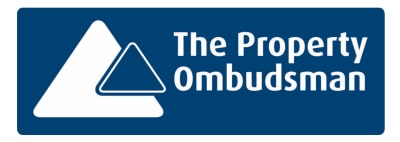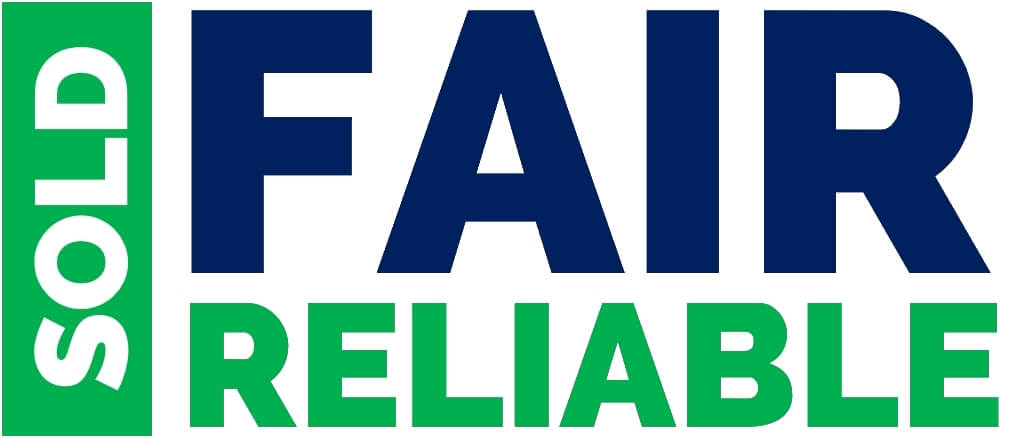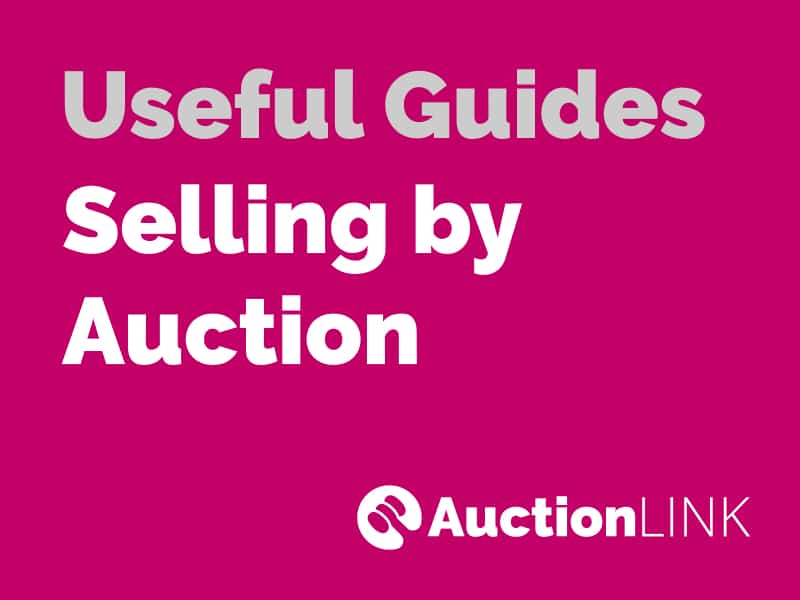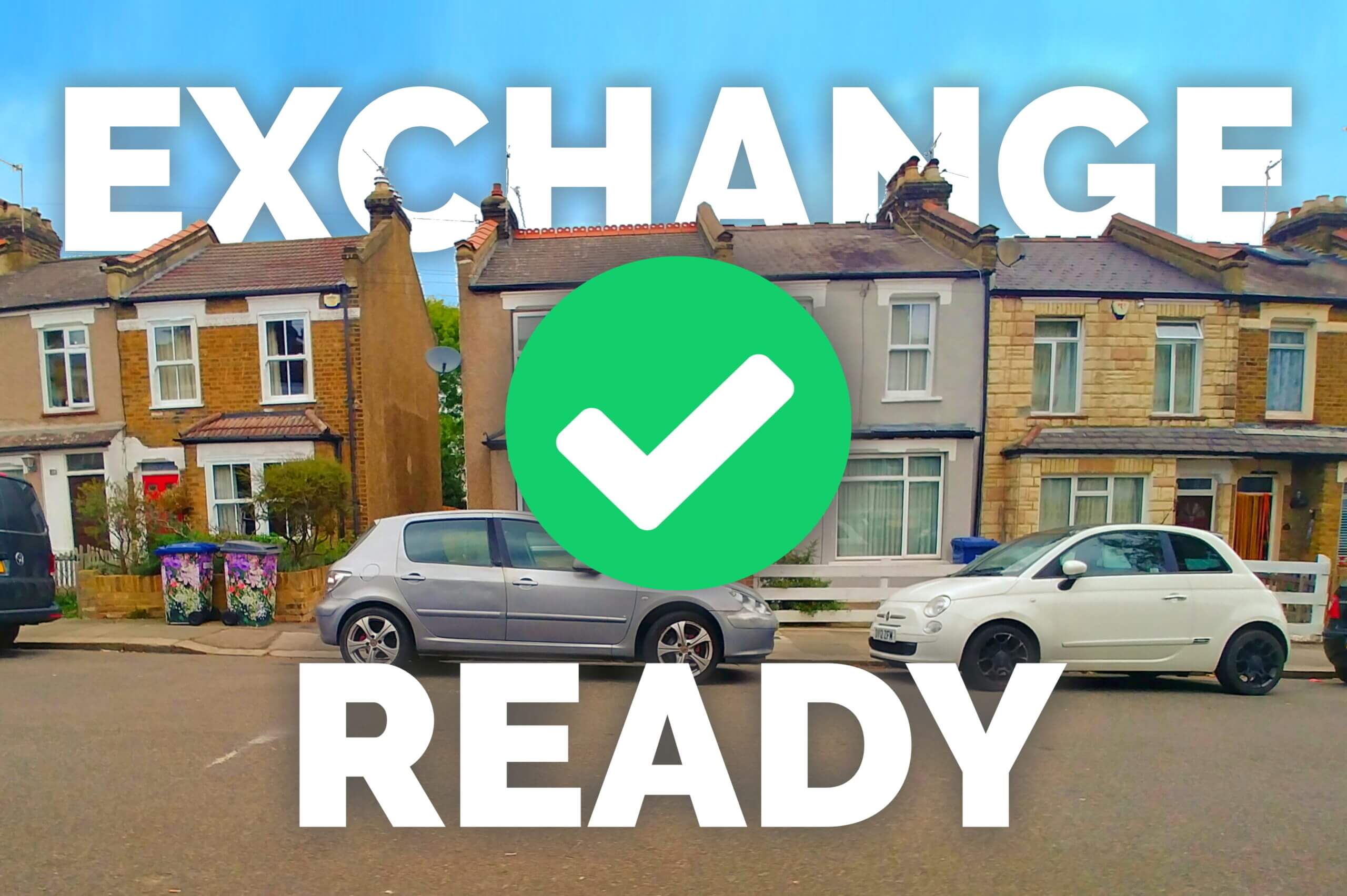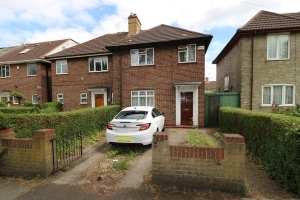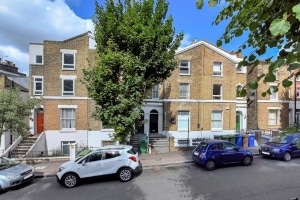Auction Sale Valuation
- Cost effective
No upfront fee & sell for free options - Quick
Sell your property in as little as 28 days - Secure & reliable
Legally binding sale on auction day - Fair & transparent
Sold to the highest bidder
For your peace of mind we are a member of The Property Ombudsman


Selling by auction is quick and easy. Request a no-obligation auction sale estimate for your house or flat.
- Reliable
- Fast
- Secure
Interested to learn more about selling your property by auction?
Talk to our team on 0800 862 0206
Selling by auction? Here’s what really matters.
If you’re after a quick, no-fuss sale – especially for a property that needs modernisation – public auction can be the smartest way to achieve a strong price and a fast result.
But before the bidding starts, there are three key numbers you need to understand: the valuation, the reserve price, and the guide price. Each plays a crucial role in how your property is positioned and how much interest it attracts.
In this guide, we’ll break down how auctioneers assess value, set expectations, and price your property to sell – not just quickly, but for the best possible price.
Last updated by Mark Grantham on 6th April 2025
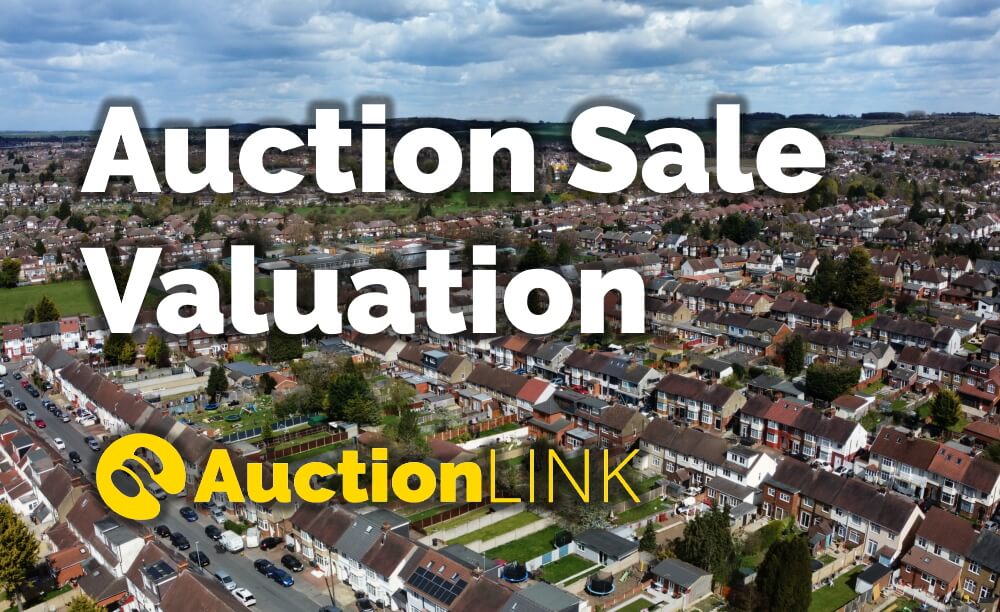
When it comes to selling a property at auction, getting the valuation right is a critical first step. It lays the foundation for setting the guide and reserve prices, and ultimately, influences the level of interest and the final sale price.
The starting point for any valuation is analysing recent comparable sales – that is, looking at what similar properties in the area have recently sold for. The term “comparable” can sometimes be misleading, as no two properties are exactly alike. If it weren’t such a widely accepted industry term, “similar” might actually be more accurate. What valuers are really looking for is evidence from properties that share key characteristics – location, size, type, and condition.
For example, if an auctioneer is valuing a three-bedroom mid-terrace house, and there have been two recent sales on the same street – one a similar three-bed home, the other a one-bedroom flat – it’s the three-bed sale that will carry the most weight. The valuer will then adjust that price up or down based on the specific pros and cons of the property being valued. Factors like condition, layout, extensions, parking, and even where the property sits on the street can all influence value.
In some markets – particularly in central London – apartments are often valued using a price per square foot approach. For instance, if luxury flats in a certain postcode are selling for £2,000 per square foot, that becomes the baseline, with adjustments made for things like floor level, natural light, and views.
It’s important to note that comparable sales shouldn’t be looked at in isolation. One sale might have been an off-market deal, a probate or repossession sale, or there could be inaccuracies in the recorded data. For example, a property listed as a “3-bedroom flat” might actually be a 2-bedroom house. To avoid basing a valuation on an anomaly, auctioneers will look at a wider range of recent sales in the area to spot trends and weed out outliers.
Another key consideration is market movement. If prices in the area have risen or fallen since the comparable property sold – say, a 2% increase over the past six months – this will be factored into the valuation.
Auctioneers rely on several sources for this data. The Land Registry provides official sales data across England and Wales dating back to 1995 (and from around 2004 in Scotland and Northern Ireland). Platforms like Rightmove and Zoopla offer access to archived marketing details, including floorplans, photos, and agent descriptions, which help give context to the sale prices. Auctioneers also have access to specialist resources like the Essential Information Group (EIG), which tracks auction-specific sales nationwide.
On top of the data, there’s something else that can’t be taught: experience. Auctioneers, estate agents, and seasoned developers who work with property daily develop an intuitive sense for values in their local patch. They know which streets sell faster, which house types generate the most interest, and which locations consistently outperform others. This professional instinct, backed by data, is often what makes auction valuations so accurate.
Finally, it’s important to distinguish a valuation from an estate agent’s asking price, or even an auctioneer’s guide or reserve price. These are all different figures, each with a specific purpose in the sales process. The valuation is the foundation – the rest builds from there.
If you asked three estate agents or auctioneers to value your property, you’d likely receive similar figures – often within 5–10% of each other. That’s because, like with most valuations, there’s a degree of subjectivity involved. The goal of a valuation isn’t necessarily pinpoint precision – it’s to set realistic pricing expectations for both the seller and prospective buyers. Ultimately, it’s the market that decides the final sale price.
Once a market value has been established, the next step is to set a reserve price – the minimum amount the seller is willing to accept. This figure is crucial, as the property will only sell at auction if bidding meets or exceeds the reserve. (You can learn more about the role of reserve prices on our dedicated page here).
As a general rule, reserve prices are set at around 80% to 90% of the property’s market value, but this can vary depending on how well-suited the property is to auction. For example:
A three-bedroom semi-detached house in a decent area that requires modernisation is the ideal auction property. It’s likely to attract strong interest, so the auctioneer may recommend a reserve price closer to 85% to 90% of market value.
A high-end home without obvious development potential might not perform as strongly at auction. To encourage bidding, the auctioneer might suggest a reserve closer to 80% or less, below market value.
Properties with development potential or those in need of renovation often perform better at auction than through private treaty (traditional estate agent) sales. That’s because auction buyers – often investors or developers – are looking for exactly that kind of opportunity and are more willing to compete for it.
When setting a reserve price, the auctioneer must carefully balance two key objectives:
- Maximising the chances of a sale – which calls for a lower, more attractive reserve price to encourage bidding.
- Protecting the seller’s financial expectations – which leans toward setting a higher reserve price to avoid underselling the property.
It’s a delicate balancing act that relies on the auctioneer’s market knowledge, experience, and understanding of buyer behaviour. A well-judged reserve price creates the right conditions for competitive bidding – and that’s what leads to strong final sale prices on auction day.
Valuing a commercial property follows a different process from residential property – because the primary factor isn’t the building itself, but the rental income it generates. For most commercial investors, the key metric is yield, which is the annual return on investment expressed as a percentage of the property’s purchase price.
In general, commercial property buyers aim for:
- 6% to 8% yields in London and other prime locations
- 8% to 10% yields in regional or secondary areas
To estimate what a buyer might be willing to pay, you divide the annual rental income by the target yield.
Example:
If a property generates £70,000 in annual rent, and a buyer is seeking a 10% yield, the calculation is:
£70,000 ÷ 0.10 = £700,000
So, based on a 10% yield, the estimated value of the property would be £700,000.
But yield isn’t everything. Savvy commercial buyers will also assess other factors, including:
- The strength of the tenant’s covenant (i.e., the financial stability and reliability of the tenant)
- The length and terms of the lease, including break clauses and rent review dates
- The condition of the building, ongoing maintenance requirements, and compliance with regulations
- The potential for capital growth, based on location, future redevelopment potential, and market trends
Once a valuation has been established, the commercial auctioneer will determine a reserve price – just as they would for a residential property. The reserve will typically reflect a discount on the valuation to encourage bidding and ensure a successful sale, especially if the commercial property has broader appeal or strong investment fundamentals.
As with all auction sales, setting the reserve price involves carefully balancing the seller’s expectations with market realities and buyer behaviour. Factors such as the uniqueness of the property, lease complexity, and investor appetite will all influence this decision.
For more insight into selling commercial property at auction, read our guides to selling a commercial property at auction and selling a mixed-use property at auction.
Find out more about auction reserve prices and why they’re so important!
Next steps…
Need help deciding if auction is for you? Call us on 0800 862 0206 or send us an enquiry.
Auctioneers, estate agents and surveyors carry out valuations by looking at comparable property sales. For example, if your neighbour recently sold their property, similar to yours, for £500,000 (assuming the property was properly marketed and had no structural issues etc) that would be the starting point for a valuation for your property.
But no property is unique; the valuation also has to take into account the condition of the kitchen and bathroom, the quality of finish throughout the house, double glazing, loft extensions, the list goes on!
Prefer to talk?
Need help deciding if auction is right for you? Call 0800 862 0206 or request a call back for later.
